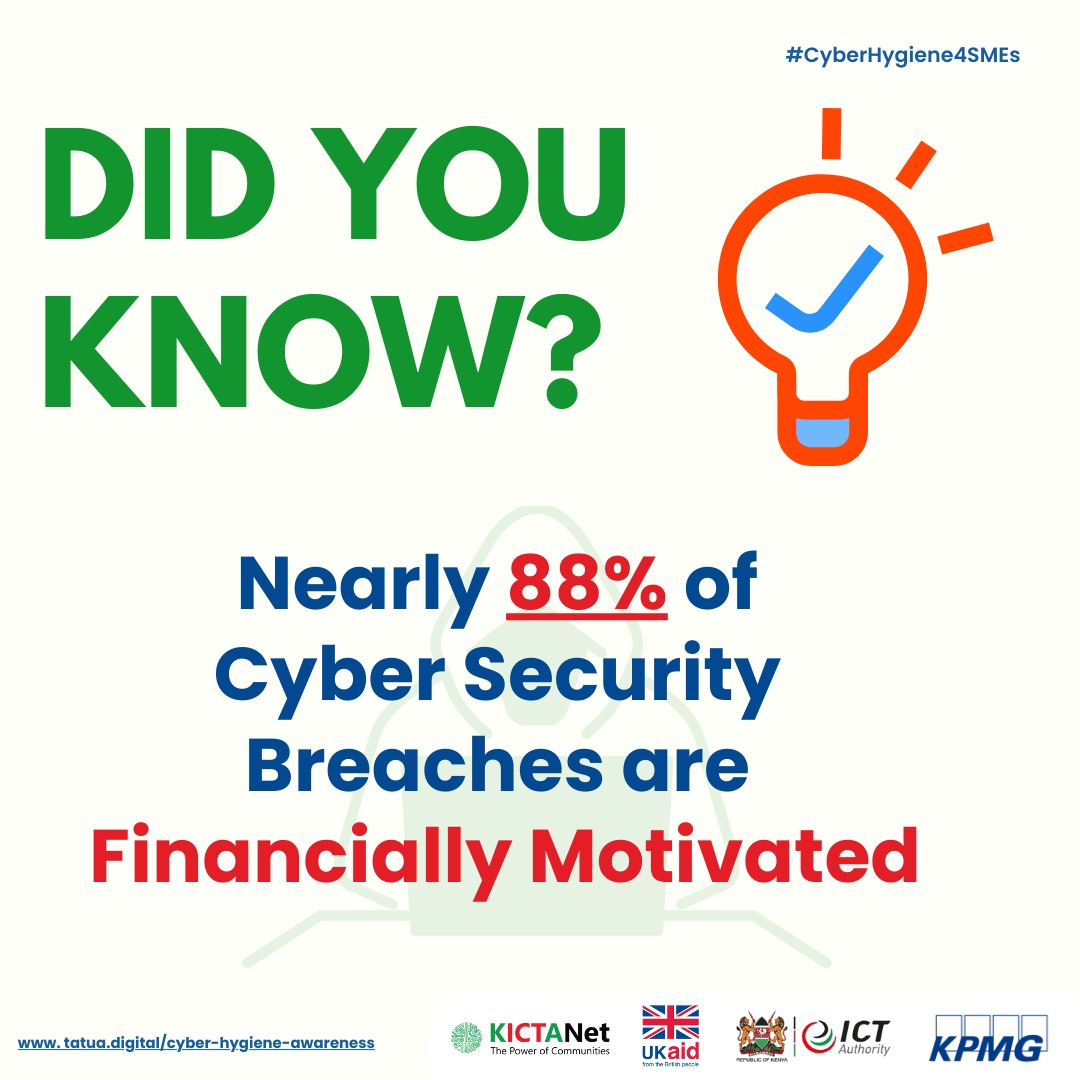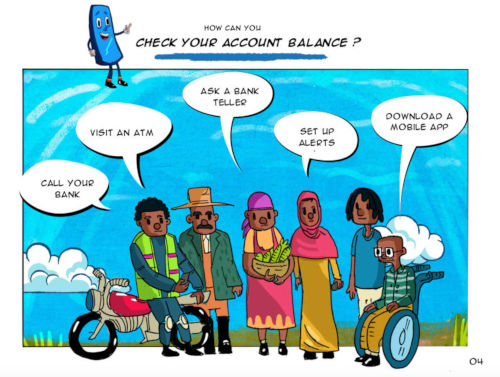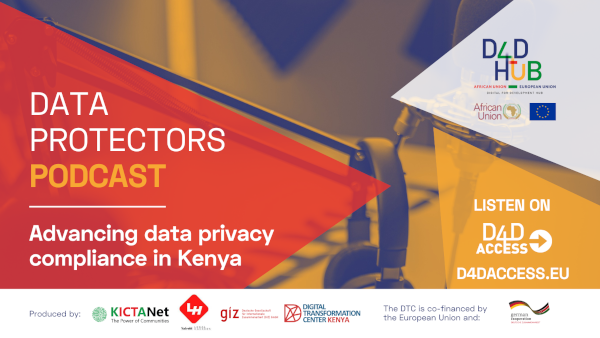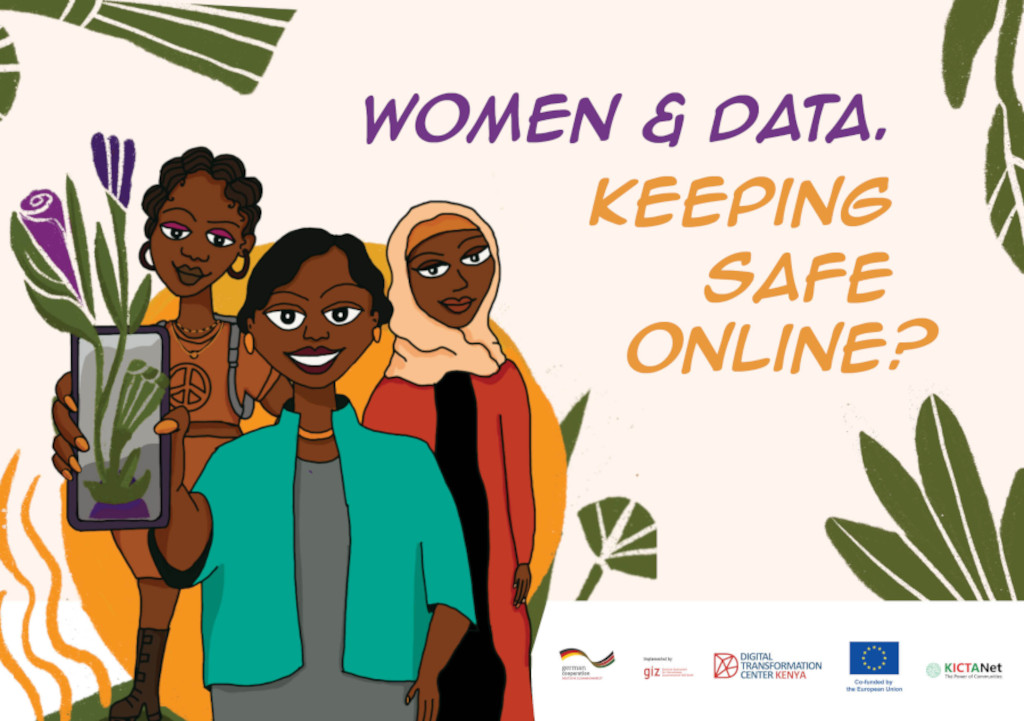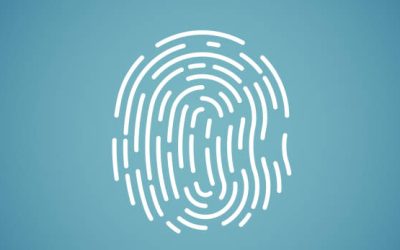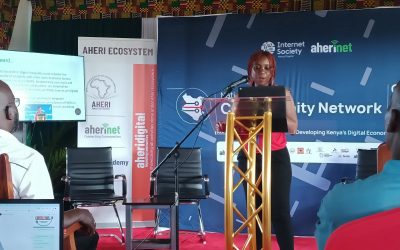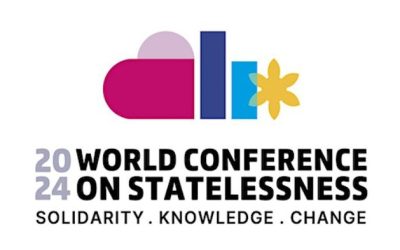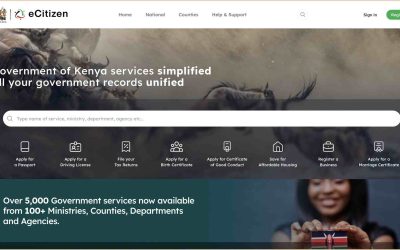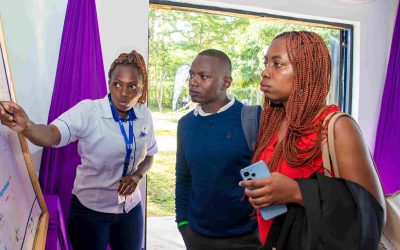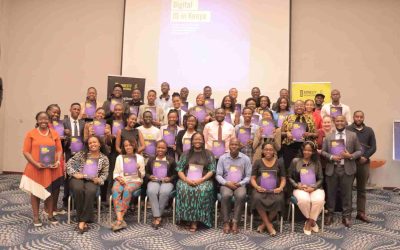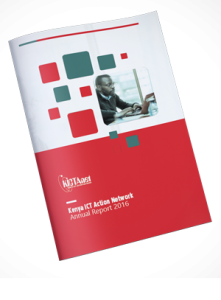KICTANET POST : Latest news, events & opportunities
How Internet Shutdowns Stifle Democracy
What is an Internet Shutdown?
![]()
Kenyan Politician with Albinism Battles Online Abuse, Championing Change
Jeriter Mutinda Mutisya, a businesswoman and politician with albinism, recounts the online abuse she faced during her 2022 campaign for the Member of County Assembly seat in Machakos County, Kenya.
![]()
Government Shouldn’t Force Flawed Digital ID System on Kenya
Kenyan civil society groups express concerns about the government’s exclusive issuance of the new “Maisha Card” digital ID, citing design flaws, potential exclusion, and lack of legal clarity. They urge the government to address these issues before full implementation.
![]()
Highlights from Community Networks Summit: Part 2
Remarks from the Digital Accessibility Program We often think about disability through two narrow lenses: the medical and the social models. The medical perspective sees it as an individual problem, focusing on limitations and seeking solutions like "cures" or...
KICTANet Tackles Digital IDs at the 2024 World Conference on Statelessness
KICTANet is actively participating in the 2024 World Conference on Statelessness, in Kuala Lumpur, Malaysia, from February 26th to 29th. This conference, organized by the Institute on Statelessness and Inclusion, Nationality for All, and Development of Human Resources...
First Public Gathering of New Digital ID and Human Rights Coalition
Civil society organizations working on digital ID and human rights hold first public meeting, discussing concerns with current systems and emphasizing the need for collaboration and human-centered design.
![]()
eCitizen: A Glittering Promise Mired in Ownership, Payment, and Adoption Issues
Kenya’s eCitizen platform faces questions about ownership, payment systems, and user adoption as the government heavily relies on it for citizen services. Concerns around data privacy and lack of transparency add to the challenges.
![]()
Community Networks: The Last-mile Connector
Statistically, when the World Bank states that 61% of Kenyans have access to the Internet, with only 31% of them coming from rural Kenya, it simply means that there is a whole lot of 69% of the Kenyan population in rural areas that are not connected to the Internet....
Kenya’s Digital ID: Balancing Progress with Privacy Concerns
Kenya’s new digital ID system, Maisha Namba, aims to modernize services but raises data protection and inclusivity concerns. Experts urge prioritizing privacy, inclusivity, and data protection principles in its implementation.
![]()
KICTANet is a multi-stakeholder Think Tank for ICT policy and regulation. The Think Tank is a catalyst for reform in the Information and Communication Technology sector. Its work is guided by four pillars of Policy Advocacy, Capacity Building, Research, and Stakeholder Engagement.
KICTANet’s mission is to promote an enabling environment in the ICT sector that is robust, open, accessible, and rights-based through multistakeholder approaches.
During the 2022 – 2024 strategic period, KICTANet has prioritised the promotion of effective multistakeholder participation; an enabling legal, policy and regulatory environment; building capacities and empowered communities; and institutional strengthening. KICTANet’s guiding philosophy encourages synergies in ICT policy-related activities and initiatives. As such, the network provides mechanisms and a framework for continuing cooperation, engagement and collaboration in ICT matters among industry, technical community, academia, media, development partners, civil society and government.
_____
Strategic Priority.
- Convening power. To strengthen and promote engagement, collaboration and relationships with relevant stakeholders (state, business and non-state actors).
- Promoting an enabling environment. To catalyse policy, legislative and regulatory reforms in the ICT sector.
- Building capacities and empowered communities. To build the capacity of the stakeholders across government, business society and civil society and the citizens.
- Institutional strengthening.
The report outlines the work undertaken in between 2007 and 2016 which is underpinned by crowd sourcing and community engagement
Click here to download the report
FACTS AND FIGURES
Achievement of the Network over the Years
Publications
Thought Leadership Forums
Persons trained
Policy Interventions
Conversations in KICTANET listserv
Active listers contributing often
Different conversation threads
Impressions on ICT policy discussions
Our Pillars
KICTANet’s organisational strategy:
Policy Advocacy
Capacity building
Research
Stakeholder engagement
We facilitate stakeholder engagement through collaborative initiatives in face-to-face Town Hall meetings, and in the KICTANet?s interactive mailing list where multiple stakeholders engage regularly on ICT policy issues.


